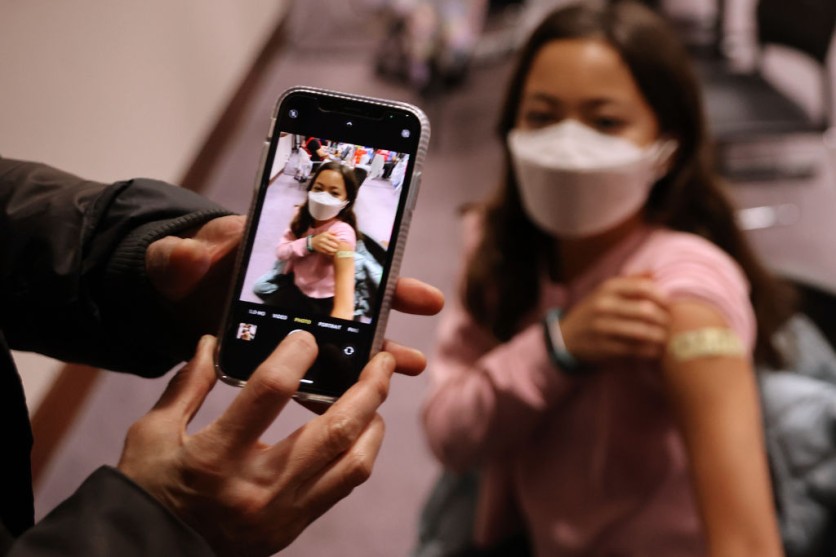COVID-19 has caused vocal cord paralysis in a 15-year-old girl, leading to severe breathing difficulties that required surgery, according to a recent case report.
The findings suggest that vocal cord paralysis could be an uncommon complication of COVID-19, possibly linked to the virus' impact on the nervous system. Published in the journal Pediatrics on Dec. 19, this is the first report of vocal cord paralysis as a complication of COVID-19 in a teenager.
The otherwise healthy teenage girl sought emergency care at Massachusetts General Hospital nine days after her COVID diagnosis, experiencing significant breathing challenges, according to US News & World Report. Doctors, conducting a thorough examination, discovered paralysis in both vocal cords, attributing it to the viral infection.

COVID-19: Still a Devastating Disease
COVID-19 has been recognized to affect the nervous system, leading to symptoms such as headaches, dizziness, brain fog, and altered taste and smell. In attempting to alleviate respiratory symptoms through speech therapy, medical professionals eventually resorted to surgery—a tracheostomy—creating an opening in the windpipe to aid breathing. The girl relied on the tracheostomy for over 13 months, indicating a potential long-term nerve symptom associated with COVID-19.
Dr. Christopher Hartnick, senior author and director of the Mass Eye and Ear's Division of Pediatric Otolaryngology, disclosed the decision to intervene surgically, allowing the teenager to attend her high school prom and graduate without the tracheostomy, per Daily Mail.
The case raises awareness about unexpected complications in young, healthy individuals, as more than 15 million pediatric cases of SARS-CoV-2 infection have been reported.
Post-viral neuropathy, a known cause of vocal cord paralysis, has been reported in adults as a complication of the SARS-CoV-2 infection. However, the adolescent's case highlights the unusual and unexpected nature of such complications in younger populations.
Experts Urge to Reconsider COVID-19 Strategy
Dr. Danielle Larrow, a resident at Massachusetts Eye and Ear Infirmary in Boston and lead researcher, emphasizes the significance of considering this potential complication in children experiencing respiratory, speaking, or swallowing issues after a recent COVID-19 diagnosis. Larrow notes the prevalence of the dreaded virus among children, making the recognition of this complication crucial to avoid misattributing symptoms to more common diagnoses like asthma, per Mirage News.
Dr. Hartnick emphasizes the importance of recognizing the potential long-term neurotrophic effects of COVID-19 in children, urging the broader pediatric community to be vigilant in treating such cases effectively.
NPR reported that the United States this fall introduced updated COVID-19 vaccines, promising enhanced protection against recent variants. Alongside this, a new message emerged, urging the public to receive annual COVID boosters in conjunction with their flu shots every autumn. Despite expectations of "high demand," the reality fell short. By mid-December, less than 20% of US adults had opted for the updated shot, raising concerns about a potential surge in severe illness.
The US Centers for Disease Control and Prevention, which had ceased collecting data on new infections earlier in the year, shifted its focus to COVID-19 hospitalizations, deaths, and wastewater surveillance. Originally established during the pandemic to monitor sewage samples nationwide, this surveillance network has expanded to track various health threats, including flu, RSV, norovirus, and other detectable elements present in human waste.


![Apple Watch Series 10 [GPS 42mm]](https://d.techtimes.com/en/full/453899/apple-watch-series-10-gps-42mm.jpg?w=184&h=103&f=9fb3c2ea2db928c663d1d2eadbcb3e52)


